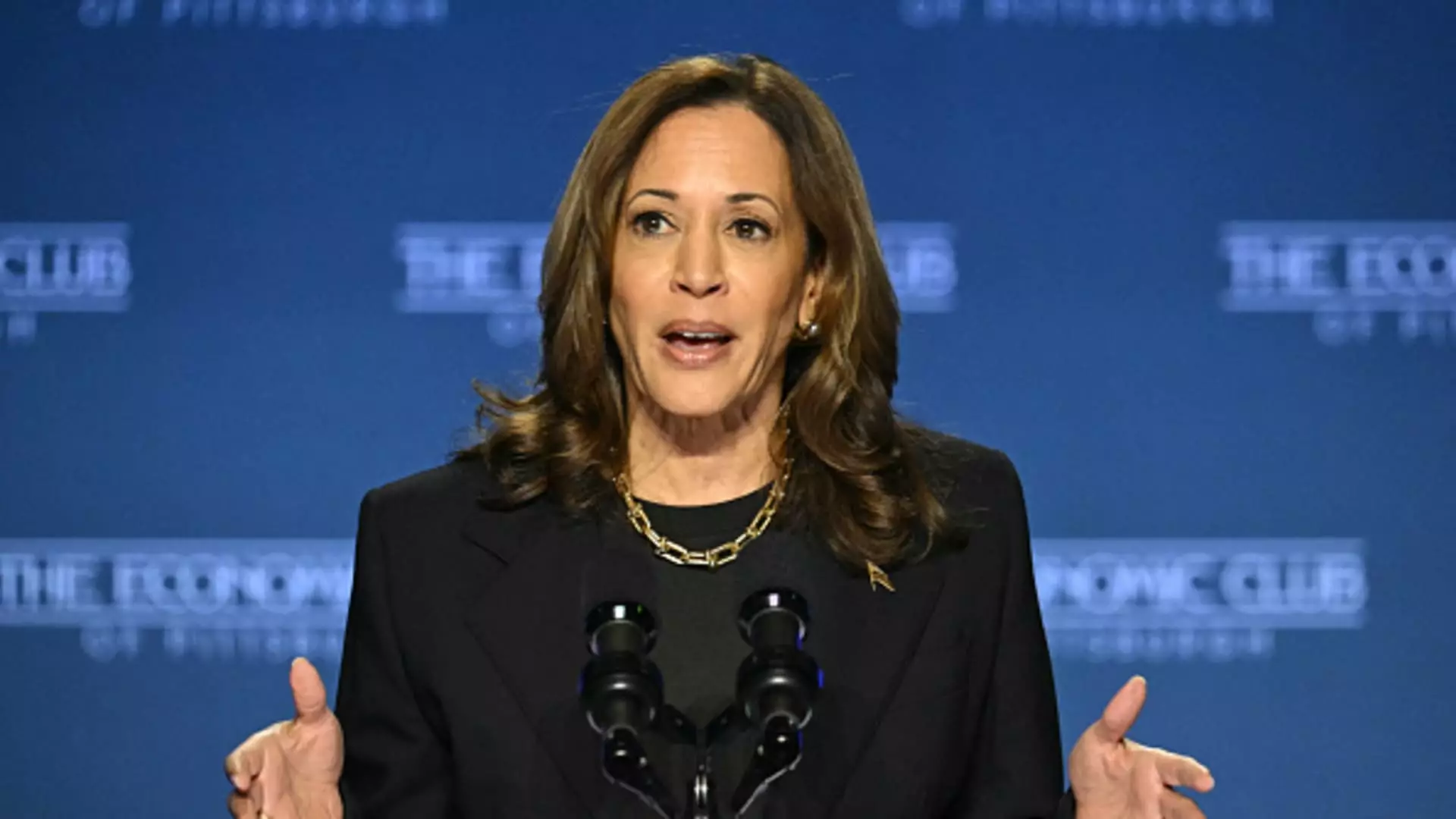Recent findings from a UBS survey reveal intriguing insights into the voting habits of millionaire investors with at least $1 million in investable assets. The survey highlights that a significant majority—57%—of these affluent investors plan to cast their vote for Vice President Kamala Harris in the upcoming election. Conversely, 43% favor former President Donald Trump. This dichotomy raises questions about the relationship between investment confidence, political allegiance, and perceptions of economic performance.
The data further illustrates a divide along party lines, with Harris capturing a staggering 91% of the votes from Democratic millionaires surveyed. Meanwhile, Trump’s support comes predominantly from Republican millionaires, who back him at 88%. Notably, independents appear to tread a middle ground; they favor Harris at 60% and Trump at 40%. The emergent trend among millionaire voters underscores a complex interplay of economic issues and party loyalty.
Economic stability was rated as the most pressing issue by 84% of respondents, highlighting a consensus that transcends party lines. Following the economy, Social Security and taxes were identified as paramount issues by 71% and 69% of millionaire investors, respectively. While Harris garners overall steadfast support, the survey reveals that many millionaire investors endow Trump with superior ratings on economic management and tax policy. Notably, a slight majority—51%—believes Trump is better suited to tackle economic issues, juxtaposed with 49% who endorse Harris in this regard.
Trump’s approach focuses on revitalizing the 2017 tax cuts, proposing their full extension. In stark contrast, Harris aims to limit these benefits to those earning less than $400,000 annually. Her agenda also includes elevated taxes for wealthy individuals and corporations, indicating a more progressive stance aimed at addressing wealth disparities. This divergence in tax policy is a critical area where millionaire investors carefully weigh their support, illustrating how fiscal policy can significantly influence investment strategies.
Notwithstanding these electoral preferences, millionaire investors are characterized by a markedly optimistic outlook for the economy. An impressive 55% of respondents express strong confidence in economic prospects, a noticeable increase from 43% observed during the same period in the prior election cycle, which coincided with the COVID-19 pandemic. Moreover, three-quarters of investors are “highly optimistic” about their returns over the next six months, indicating resilience in the face of potential political shifts.
The survey also reveals that over 75% of wealthy investors intend to modify their portfolios in anticipation of the election outcomes. Should Trump reclaim the presidency, there is an inclination toward investing in defense and energy sectors. Alternatively, a Harris victory would steer investors toward healthcare, sustainable investing, and technology. This proactive approach reflects a strategic awareness among millionaire investors, acknowledging the profound implications that political leadership can have on their financial futures.
The UBS survey encapsulates the nuanced relationship between wealth, political affiliation, and economic confidence among millionaire investors. While electoral preferences may sway in favor of Harris, the sentiment regarding economic management still leans toward Trump, laying bare the complexities of investor sentiment in today’s volatile economic landscape.

